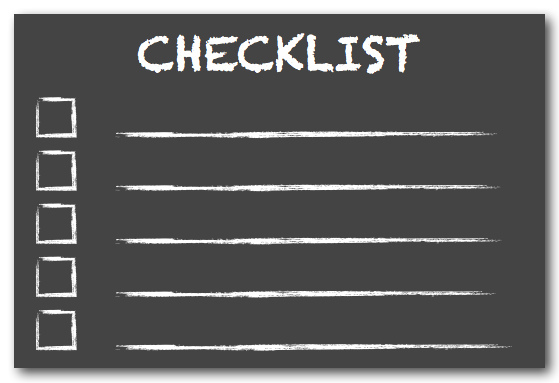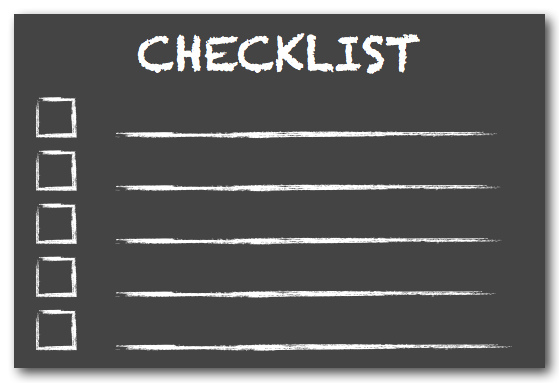Does the Parent-Teacher Conference remind you of going to the principal’s office and bring up feelings of dread and anxiety for you? Or do you feel pressured keeping up with your child’s homework as it is (and it’s only November)? Whether your own school experience was easy, hard, or somewhere in between, most parents just want their kids to learn their academics and be good citizens. So how do you ease the tension of this ritual while getting the most out of it?
Have a positive outlook.
Come in open minded. Children often have a very narrow understanding of what is going on around them, and often miss the big picture. Come in ready to hear all the evidence before making a determination. Your child’s teacher spends about seven hours a day with your child. That’s a lot of time! Children tend to behave differently at school than they do at home. Some of your child’s “typical” behavior may not be typical at all in the classroom, and vice versa. The teacher may have insight that you may not expect. Keep in mind that your child’s teacher wants your child to succeed, and is usually very willing to work together. The teacher is your ally!
Come prepared.
Come with questions. It’s normal for parents to arrive to their conference and just wait for the teacher to make a presentation. You definitely want to hear what the teacher has to say, but also have your own ideas to share. Just like making a list of questions for your doctor’s appointment is very helpful in getting all your questions answered, a list of questions or concerns for the teacher can keep the conversation on task and comprehensive.
want to hear what the teacher has to say, but also have your own ideas to share. Just like making a list of questions for your doctor’s appointment is very helpful in getting all your questions answered, a list of questions or concerns for the teacher can keep the conversation on task and comprehensive.
- How is my child grasping concepts in class?
- What is my child’s work ethic like (i.e. perseverance, determination, timeliness)?
- How are grades determined?
- How does my child interact with others?
- What are the biggest areas to master in preparing for the next grade?
Side note: New curricula trends, especially in math, are difficult for parents to navigate. Instead of giving up on helping at homework time, feel free to ask the teacher to help you understand the math concepts or anything else that is causing you turmoil at home.
Follow up.
Although online grading systems allow parents to check assignments and grades regularly, it doesn’t take the place of talking to your child’s teacher. Set up a regular interval to drop by or email the teacher to check in. Have specific markers determined so that progress is easy to quantify. For instance, if the goal is for your child to be stronger in math, you may agree to work on math fact flashcards in addition and subtraction over a four week period and then check in to monitor progress.
Natalie McDonald
Center Director @ Huntington Learning Center


